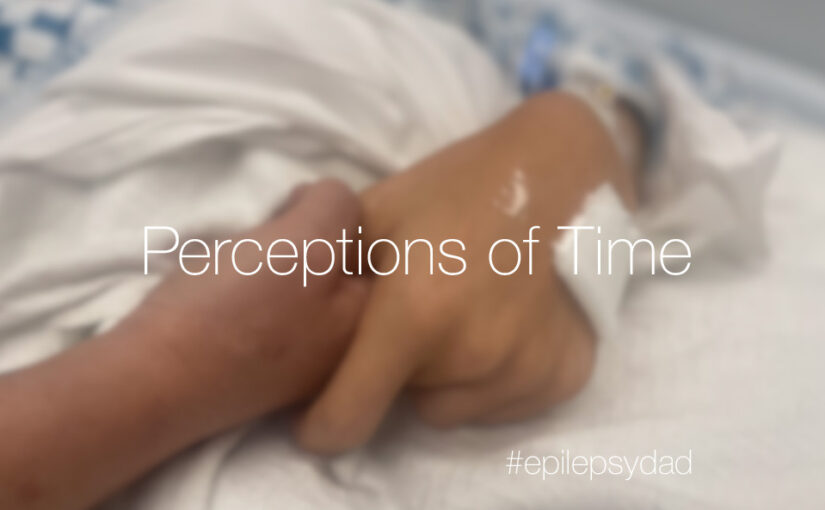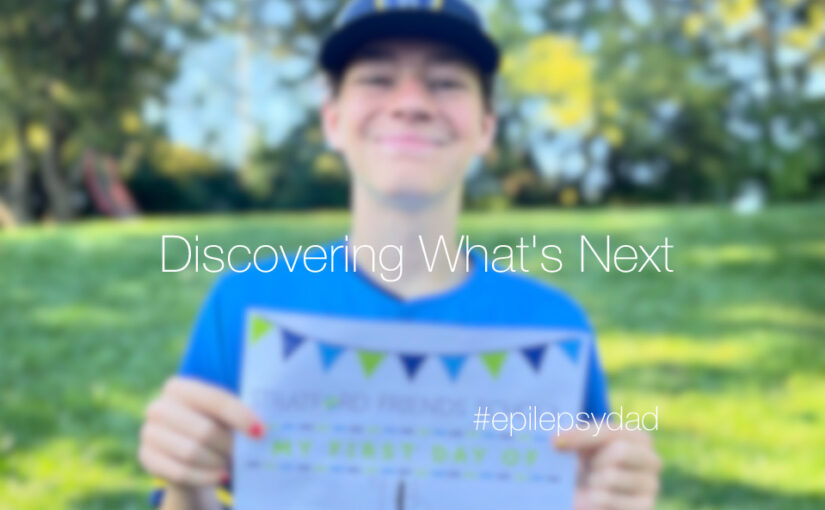“I am sure I put the chocolate bars on the shelf,” I insisted.
My wife and I stood in front of our pantry where, only hours before, I had placed two chocolate bars that I bought from the grocery store earlier that day.
“Maybe you just thought you did,” my wife quipped.
I called out to our son who was in the kitchen.
“Hey, pal, did you take the candy from this shelf?” I asked.
“No,” he replied, a little too quickly.
As we scanned the pantry, my son suddenly said, “I’ll be right back,” and headed into the basement.
I had seen that move before because I’ve done that move before. I headed down to the basement and saw him standing at the side of the couch.
As I stepped towards the couch, I offered him another opportunity to answer my question.
I could see the anguish on his face as he thought about his answer. “Yes, ” he said. “I did take them.”
“Where are they?” I asked.
“Behind the middle cushion,” he answered with his head down.
I moved the cushion to find a stash of wrappers. Not only were the remains of the two candy bars in question there, but wrappers from other candy I had bought weeks ago that I had convinced myself that I hadn’t purchased when I couldn’t find them.
On the positive side, I’m thankfully not losing my mind. On the negative side, we’re noticing a pattern of lying with our son, and my wife and I are both responding based on our childhood experiences with lying. Those experiences come from two different extremes.
My wife came from a world of never lying, so our son’s lying, especially after she defended him, felt like an ultimate betrayal. She feared that the lying was a sign of his condition and that he wouldn’t be able to survive in the real world.
I came from an unsafe childhood and lying was a survival tool. I would lie to avoid dangerous consequences and to hide my overwhelming feelings of guilt and anxiety. While I logically understand that my son has a very different childhood than I did, I feared that my son was feeling unsafe in some way and that he would find himself on a similar path as me, wearing guilt and shame and anxiety like a heavy coat.
For both of us, our trauma led to fear for our son’s future, which caused our extreme responses to the situation. That obscured the reality that, during adolescence, teens go through a range of developmental changes, including a growing desire for independence, privacy, and autonomy. These factors can sometimes lead to lying or bending the truth.
In other words, lying is normal and doesn’t mean he can never enter the real world or that he’s carrying the anxiety and shame the same way I did. It means he is developing and trying to figure out his world.
Of course, there should be consequences, but they should be based on the incident and not distorted by our history or fear of the future. He doesn’t have those fears, but using language that makes him feel unfit for independence or acceptance will give them to him. Instead, consequences, yes, but open communication, clear expectations, and being a trusted source of guidance are how we help him navigate this stage of his development and come through it much better than we did.


